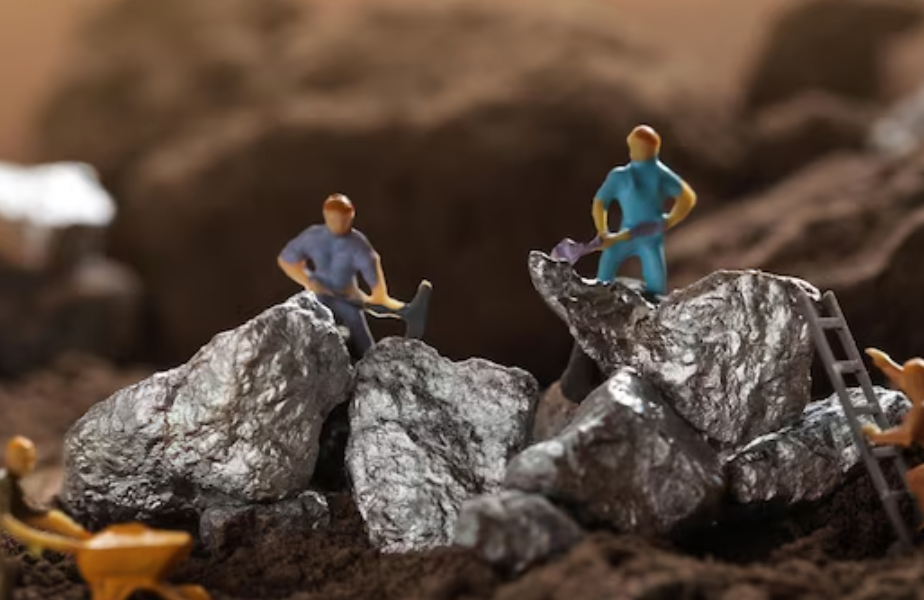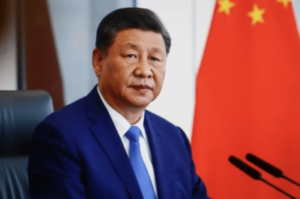$RIO $LIT
#RioTinto #Lithium #Serbia #Mining #GreenEnergy #ElectricVehicles #EnvironmentalImpact #SustainableMining #RenewableResources #CommunityImpact #EconomicDevelopment #Protest
In a striking demonstration of unity across the political spectrum, both leftist and rightist factions have come together in Serbia to oppose the proposed lithium mining project by Rio Tinto, a global mining giant. The project, situated in Loznica, a town with a population of approximately 20,000 and located about 100 km west of Serbia’s capital, Belgrade, has sparked widespread controversy. The heart of the debate lies in the council of Loznica’s looming decision to amend its official plan, which could pave the way for the development of a 250-hectare mining site. This decision is critical, as it stands not just as a local governance issue but as a symbol of broader environmental and economic implications tied to lithium mining.
Lithium, often dubbed “white gold,” is pivotal for the production of batteries that power everything from smartphones to electric vehicles (EVs). As the world pivots towards green energy, the demand for lithium has surged, putting countries with lithium deposits, like Serbia, under international spotlight. However, the proposed Rio Tinto project has raised significant environmental concerns. Critics argue that the extraction and processing of lithium can lead to devastating ecological effects, including water pollution and habitat destruction, hence the united opposition from varying political fronts in Serbia. This has not only amplified the voices against the project but has also drawn attention to the need for sustainable mining practices that do not compromise environmental integrity.
Furthermore, the controversy surrounding the Rio Tinto lithium project in Serbia is emblematic of a larger global discourse on the balance between economic development and environmental preservation. Supporters of the project highlight the potential for economic growth, job creation, and Serbia’s strategic positioning in the global lithium market. However, opposition groups emphasize the irreversible damage to the local ecosystem, the impact on community health, and the long-term sustainability challenges. The unfolding situation in Loznica could, therefore, serve as a case study for future resource extraction projects worldwide, highlighting the critical need for comprehensive impact assessments and inclusive decision-making processes that consider both local and global stakeholder interests.
As the council of Loznica deliberates on the future of the Rio Tinto lithium project, the world watches closely. The outcome could signal a new paradigm in how countries approach resource extraction projects, balancing economic benefits with environmental and social costs. It could also serve as a testament to the power of community mobilization and bipartisan collaboration in shaping policy decisions that have far-reaching implications beyond local boundaries. With the global transition to greener energy sources accelerating, the demand for minerals like lithium will undoubtedly rise, thus making the lessons learned from Loznica increasingly relevant for future projects around the world.











Comments are closed.